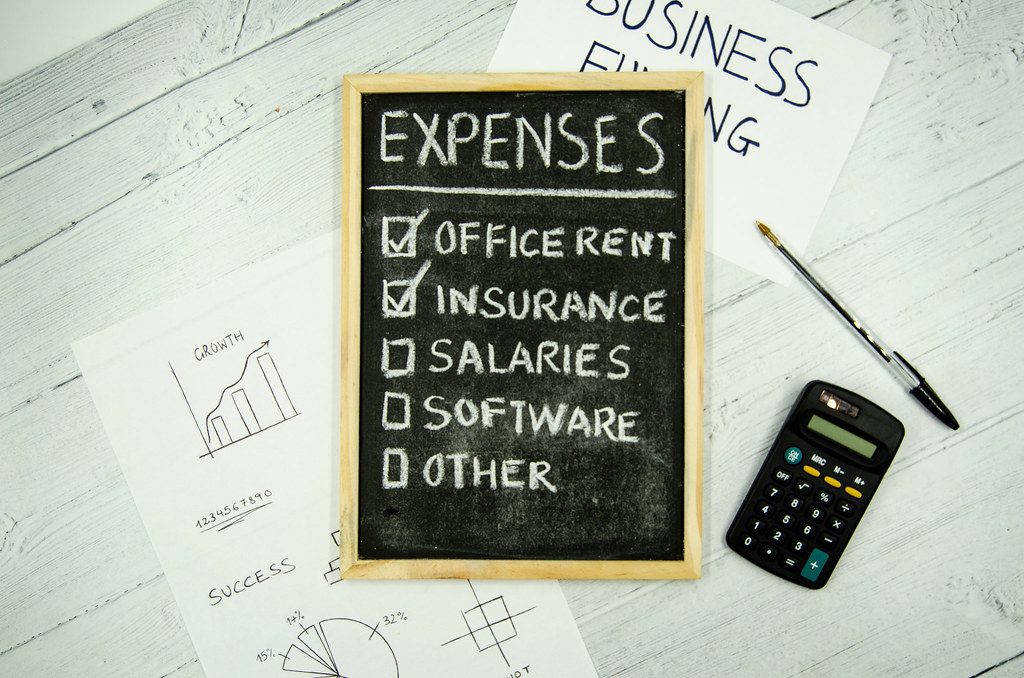From the side it may seem that owning a business automatically means wealth and prosperity – you can relax in the best resorts, use Dayton Ohio exotic car rental when traveling to the USA and feel like the king of the world.
Outwardly, everything can look really very good – a beautiful signboard, an expensive office, and so on. But in practice it often happens that behind the external gloss there are big financial problems that can lead to the closure of the business in the next three years or even a year.
In this sense, you should think about the profitability of a business before starting it. In general, profit is all income minus expenses. The most profitable business is one in which expenses are nullified, but at the same time there is great potential for income. For example, opening your own store will inevitably require the cost of renting a trading floor, a warehouse, etc. It’s much cheaper to open an online store, but here there’s a problem of promotion.
So, today we’ll look at a few tips that will help you build a profitable business.
-
Don’t Take Loans
The vast majority of successful entrepreneurs are advised not to take loans for business, and most people agree with them. Loans are easy money, but then they are too expensive.
After all, you need not only to be able to earn money – which is not guaranteed in business, but also to reimburse percentage rate. Unfortunately, it’s quite high now. Business is a risky event in itself, and loans don’t really help there.
Of course, there are cases when people took a loan to start a business and opened it, and then worked long and successfully. But in most cases, a loan is not appropriate. After all, it’s not enough to take money. You also need to learn how to effectively manage them. Credit funds are too expensive money to learn for them.

-
Minimize unnecessary expenses
Practice shows that almost any budget can be literally broken in a matter of seconds. It’s not important how much money you have on your accounts, but there will always be performers who will spend them enthusiastically.
So before each waste it’s worth considering whether to order this service or buy this equipment. It’s not about greed. It’s about efficiency. After all, each spending will ultimately be reflected in the final cost of the product. Of course, the client is now not ready to pay for someone’s inefficiency. You need to get used to working efficiently right away.
-
Don’t launch several businesses at once
It’s a very bad idea to run two or three projects in parallel. Usually, it’s much better to focus efforts on only one startup, bring it to mind and only then – when the first project is stable and profitable, you can think about starting a second one.
After all, you need to think three times whether it’s worth running it, since an additional project will distract not only your finances, but also time and will cost you nerves. Consider the pros and cons, but be a skeptic – there may not be enough strength for anything.
At the same time, if you already decided to lead two startups, then it’s better to go to the end. If you drop the project halfway, then all the money invested in it can simply be wasted, because not always business projects make a profit right away. Think with your own head and keep in mind that launching several projects at once requires extra effort.
-
Get ready to say ‘NO’ if necessary
You need to be able to say ‘NO’ to unwanted expenses, reckless business ideas of a partner, and dubious offers. Moreover, it’s recommended to avoid deals with undesirable customers.
This is because a small business doesn’t have sufficient resources to satisfy the needs of everybody. Being the best in a narrow niche is preferable to being mediocre in a wide range of goods or services.

-
Monitor income and expenditure
As soon as you start a new business project, you need to start a thorough account of all income and expenses. It can be an electronic table or some other tool. In any case, when you have all the income and expenses in front of your eyes in the form of a table, it cleans your brain and you can immediately see where you spent the extra money, and where you have a drawdown in income and for what reasons.
-
Optimize taxes
You need to be able to choose the appropriate legal form according to your business model, check out local tax system and monitor innovations in the legislation. As practice shows, there may be some surprises. In addition, the legislation has many benefits and other subtleties that are worth it to get acquainted with them.
For example, there is such a thing as preferential rates for insurance premiums for employees.

-
Cut corporate costs
Usually, enterprises really begin to think about efficiency only during a crisis. They begin to reduce staff and save on everything in a row.
There is a useful advice – don’t wait for the crisis, but work in economy mode immediately. This will save huge amounts for future development. But here you need to be able to think critically – where you can save money without consequences, and where the savings can turn into additional expenses in the future.



